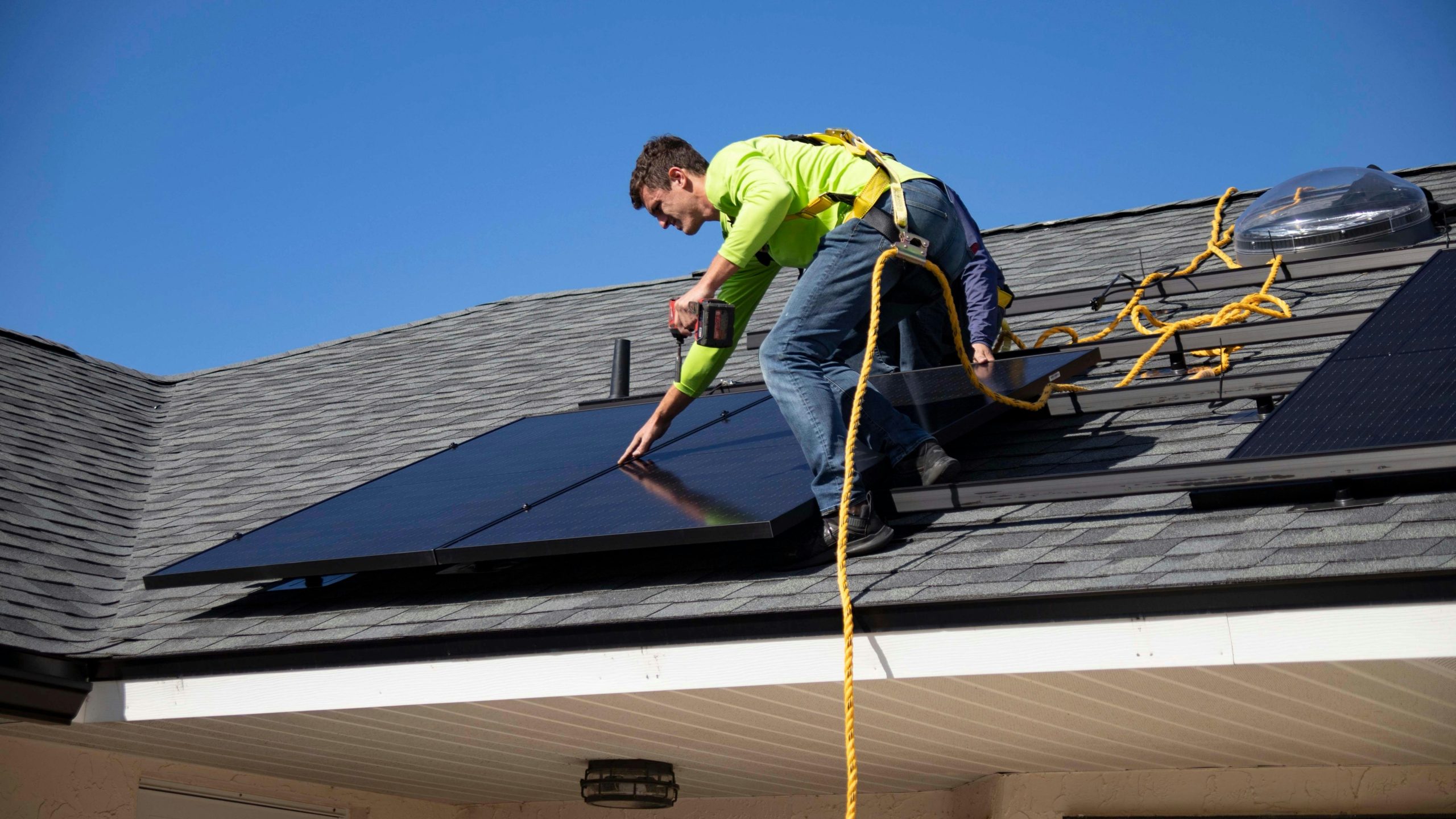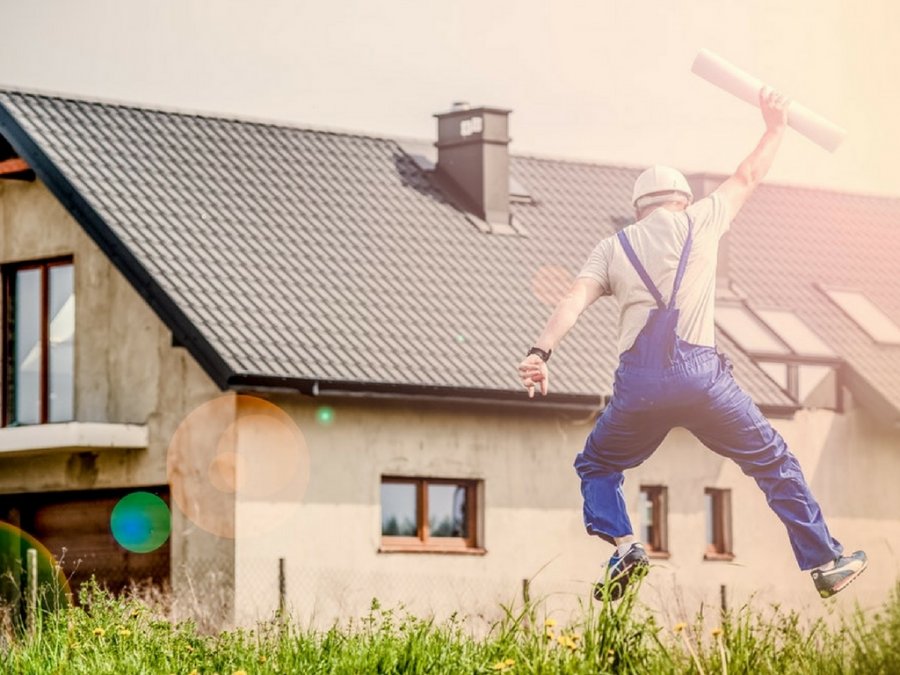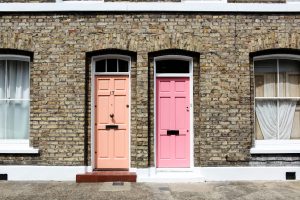In an era where sustainability is no longer just a buzzword but a necessity, transforming your home into an eco-friendly haven is both a responsible and rewarding endeavour. A sustainable home renovation not only reduces your environmental footprint but also enhances comfort, lowers energy bills, and increases property value. Here’s an essential checklist to guide you through a truly sustainable home renovation experience.
Assess the Current State of Your Home
Before embarking on any renovation project, it’s crucial to understand the current energy efficiency and sustainability features of your home. Conduct an energy audit to identify areas that require improvement and consider the environmental impact of your renovation plans. This proactive assessment will help you make informed decisions and prioritise tasks effectively.
Prioritise Energy Efficiency
Upgrading your home’s energy efficiency should be at the core of your sustainable renovation. Incorporate technologies and materials that maximise energy conservation. Consider installing air source heat pumps, which are an excellent alternative to conventional heating systems, as they utilise outdoor air to heat your home efficiently. Other energy efficiency upgrades include high-performance insulation, double-glazed windows, and energy-efficient lighting systems.
There are number of energy providers worth exploring, as well as organisations that help to get the relevant grants needed for making updates to your home. Companies like One Energy are a great example of how to help finance home improvements for sustainable and eco-friendly opportunities.
Use Sustainable Materials
The choice of materials can significantly impact the sustainability of your renovation. Opt for materials that are recycled, reclaimed, or responsibly sourced. For instance, bamboo and cork are excellent choices for flooring due to their rapid renewability. Reclaimed wood is not only sustainable but also adds character to your home. Additionally, consider locally sourced materials to minimise the carbon footprint associated with transportation.
Water Conservation Techniques
Water conservation is a critical aspect of a sustainable home. Incorporate features such as low-flow toilets, water-efficient showerheads, and faucets equipped with aerators to reduce water usage. Installing a rainwater harvesting system can provide an alternative water source for irrigation, while greywater systems can recycle water from sinks and showers for secondary uses, significantly lowering overall water consumption.
Improve Indoor Air Quality
A sustainable home is a healthy home. Improving indoor air quality is essential for ensuring a safe living environment. Use low-VOC (volatile organic compounds) paint and finishes to minimise harmful emissions. Consider installing a whole-house ventilation system to ensure a steady flow of fresh air. Indoor plants also act as natural air purifiers, enhancing air quality while adding aesthetic value.
Smart Home Integration
Integrating smart technology into your renovation can significantly improve energy efficiency and sustainability. Smart thermostats, lighting systems, and appliances can be programmed and controlled remotely to optimise energy use. Additionally, these technologies provide valuable insights into energy consumption patterns, allowing you to make data-driven decisions to further reduce energy waste.
Embrace Renewable Energy Sources
Harness renewable energy sources to power your home sustainably. Solar panels are a popular option, converting sunlight into electricity and reducing reliance on non-renewable energy. If you have the space and resources, consider small-scale wind turbines or geothermal systems to provide additional renewable energy. Investing in renewable energy not only offsets your carbon footprint but can also lead to substantial long-term savings on energy bills.

Sustainable Landscaping
Don’t overlook the external environment when aiming for a sustainable home. Design your garden and outdoor spaces with sustainability in mind. Opt for native plants that require less water and maintenance. Implementing a composting system for garden waste, along with organic gardening practices, promotes a healthy and sustainable landscape. Permeable paving can reduce water runoff, allowing rainwater to replenish the groundwater naturally.
Waste Management and Recycling
A renovation inevitably generates waste, but how you manage it can make a significant difference. Aim to minimise construction waste by reusing and recycling materials wherever possible. Collaborate with contractors who prioritise sustainable waste management practices. Ensure that any hazardous materials, such as asbestos or lead-based paint, are disposed of responsibly.
Future-Proofing
Lastly, consider future-proofing your home to adapt to upcoming technological advancements and environmental challenges. Opt for flexible design solutions that allow for easy upgrades and modifications. Building with adaptability in mind not only preserves the longevity of your sustainable renovation but also ensures long-term comfort and functionality.
In conclusion, a sustainable home renovation is an opportunity to integrate eco-friendly practices into your living space. By carefully planning and following this checklist, you can significantly enhance your home’s energy efficiency, reduce its environmental impact, and create a healthy, comfortable living environment for years to come.









No Comments